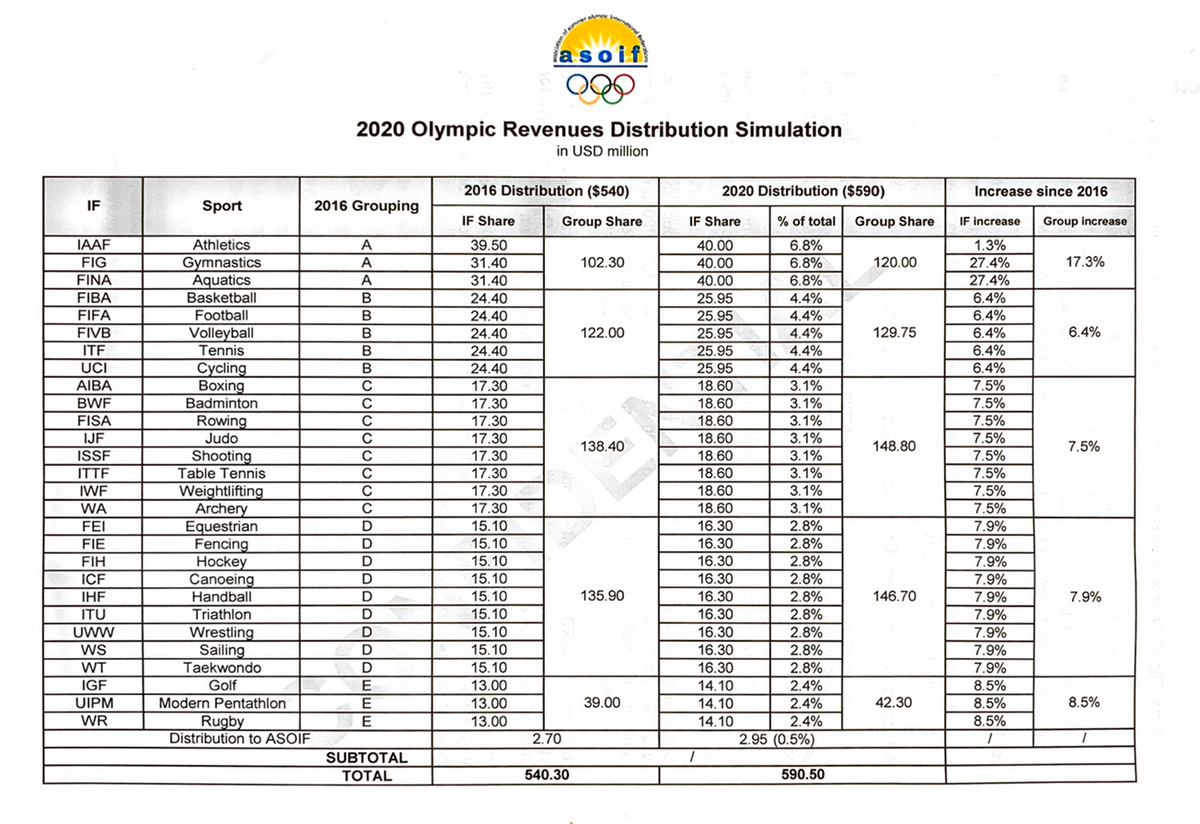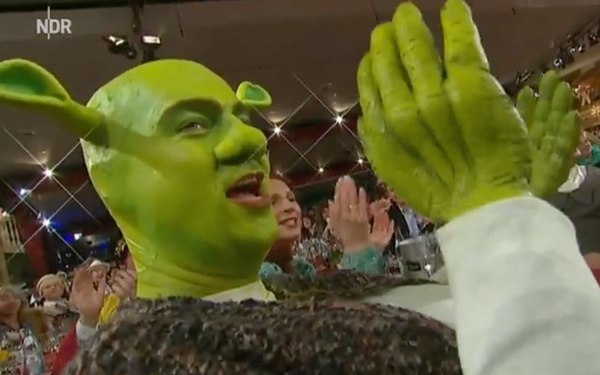How dependent sports federations are on the Olympic revenues
Most of the international Olympic sports federations are financially heavily dependent on their share of the revenues from the Olympic Games. The IOC traditionally does not publish how it will distribute the revenues from the Olympic Games among the 28 permanent summer sports federations.

How does IOC President Thomas Bach manage the crisis around the Tokyo Games? Criticism is stifled and there is no financial plan for sports federations affected by the postponement.
Decisions come thick and fast in these unique weeks. Exactly two weeks ago I argued that there will of course be no Olympics Games in Tokyo in 2020. This statement was neither prophetic nor particularly original. It was primarily based on common sense and an analysis of the dramatic situation in the midst of a global pandemic. Large parts of the world were already standing still.
At that point, however, the International Olympic Committee (IOC) saw no need to act promptly.
On 22 March, after one of the Executive Board’s conference calls, the IOC announced in a terrifyingly cold tone:
„The IOC EB emphasised that a cancellation of the Olympic Games Tokyo 2020 would not solve any of the problems or help anybody. Therefore, cancellation is not on the agenda.“
The term „pandemic“ did not appear in the statement. The IOC only spoke of „new outbreaks of COVID-19 in different countries on different continents“. Once again, no mention was made of Italy, the host of the 2026 Winter Olympics with the Lombardy and Milan.
In this statement of 22 March, the athletes who had called for „humanity“ and early action with their many public statements were not mentioned as the stakeholders with whom the IOC immediately wanted to enter into negotiations on emergency scenarios.
However, IOC President Thomas Bach published a letter to “the global athlete community” at the same time. In it he claimed: „In this unprecedented crisis we are all united.“
The opposite was the case.





